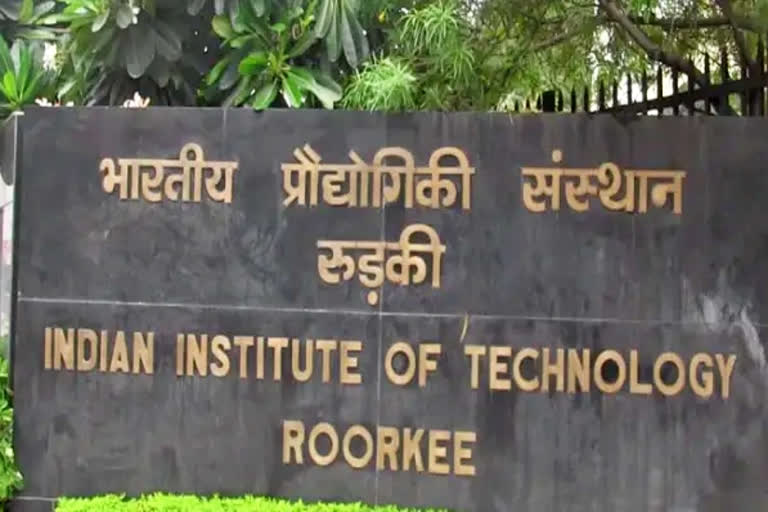Dehradun: Researchers from the Indian Institute of Technology Roorkee have identified and validated three proteins found in saliva, which can predict metastatic triple negative breast cancer (TNBC). They developed a process by which biomarkers for TNBC can be identified in saliva, a press release from the institute said.
The team's diagnosis method is based on salivary gland function, which is impaired in people with breast cancer. Their protein composition is also altered. Thus, an effective biomarker can be obtained if the difference can be identified and quantified, it said. According to the researchers, breast cancer is the most common type of cancer in women in India, with more than 1.6 lakh cases registered and more than 80,000 deaths per year.
About 10 to 15 per cent of all breast cancers are metastatic TNBC, the most aggressive form that does not respond to the usual hormonal and HER2-protein targeting drugs, they said. The research team was led by Kiran Ambatipudi, associate professor, Department of Biosciences and Bioengineering, IIT Roorkee. Doctoral students Kuldeep Giri and Sudipa Maity were the other two members of the team. "Delayed detection is the primary reason for the high morbidity rate of breast cancer patients in India. This necessitates the development of techniques that are not only non-invasive but also sensitive enough to detect cancers in their early stages, Ambatipudi said. (PTI)



